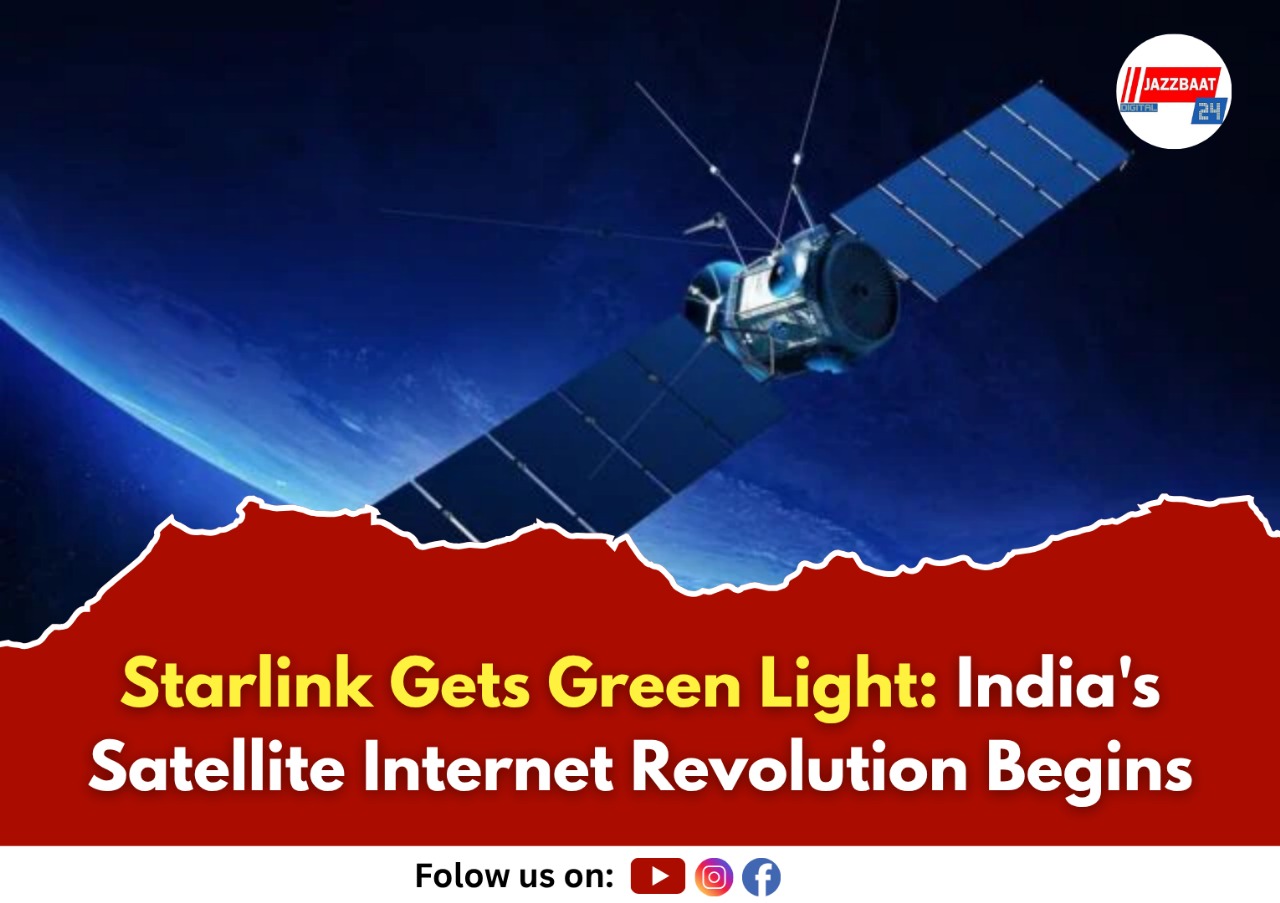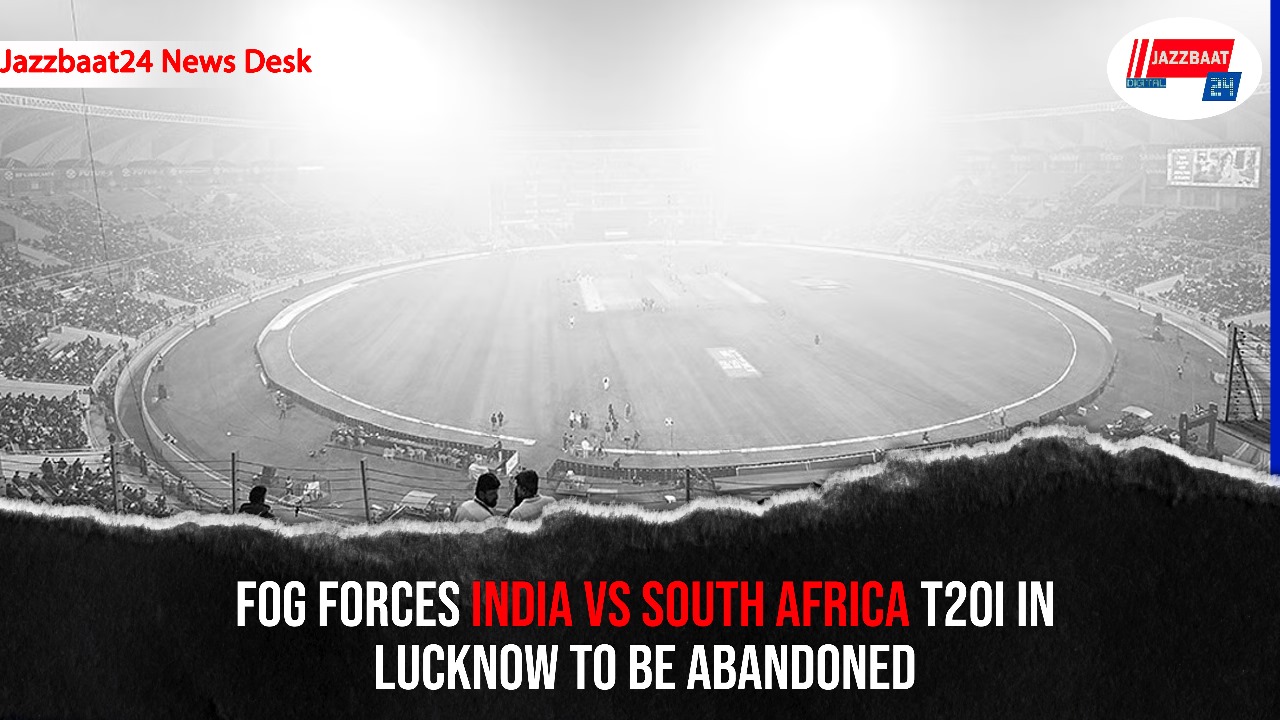Elon Musk's satellite internet service receives license to operate in India, promising high-speed connectivity to remote regions
In a landmark development for India's digital infrastructure, Union Telecom Minister Jyotiraditya Scindia announced on Thursday that Elon Musk's Starlink has been granted a Unified License to launch satellite internet services across the country. This approval marks a significant milestone as India celebrates 30 years since its first cellular call was made in 1995.
The license approval comes after a prolonged regulatory process that began in 2021. Starlink's application faced several delays due to spectrum allocation concerns and compliance checks, but the Department of Telecommunications (DoT) finally gave its approval in July. "Frameworks for spectrum allocation and gateway establishment are ready, ensuring smooth rollout," Minister Scindia confirmed.
However, commercial operations remain on hold pending final spectrum allocation by the Telecom Regulatory Authority of India (TRAI). Starlink joins other major players including Bharti Group-backed Eutelsat OneWeb and Jio SES, all awaiting spectrum clearance to commence services.
According to industry reports, Starlink will require a substantial initial investment from users. The hardware kit, including satellite dish, router, and mounting equipment, is expected to cost around Rs 33,000 as a one-time fee. Monthly subscriptions are projected to range between Rs 3,000 to Rs 4,200, depending on usage and location.
The service promises internet speeds between 25 Mbps and 220 Mbps, with potential promotional entry-level plans starting at approximately Rs 850 per month. Initially, Starlink will cap its services at 2 million users across India, focusing primarily on underserved and remote regions.
The timing couldn't be more crucial. According to the Internet and Mobile Association of India (IAMAI), over 65% of India's rural population still lacks reliable internet access. Satellite-based broadband services like Starlink could play a pivotal role in connecting remote and hilly regions where traditional fiber infrastructure remains challenging to deploy.
"Satellite services are expected to be vital in expanding digital access in areas where conventional connectivity has yet to reach," industry experts note. This aligns with India's broader digital transformation goals under Prime Minister Narendra Modi's leadership.
Minister Scindia highlighted India's remarkable digital journey over the past decade. The country now boasts 1.2 billion telephone connections and 970 million internet subscriptions – a surge of nearly 286%. Broadband usage has exploded by over 1,450%, rising from 60 million in 2014 to 944 million today.
Most notably, mobile data costs have plummeted by 96.6%, making India a global leader in affordable data at just Rs 8.9 per GB. The rapid 5G rollout has covered 99.6% of districts with 4.74 lakh towers and 300 million users.
With licensing formalities complete, the focus now shifts to spectrum allocation. Once operational, Starlink's low-earth orbit satellites will provide high-speed internet even in India's most remote corners, potentially transforming education, healthcare, and business opportunities in previously underconnected regions.
The satellite internet revolution in India is no longer a question of 'if' but 'when,' promising to further accelerate the nation's digital transformation journey.





